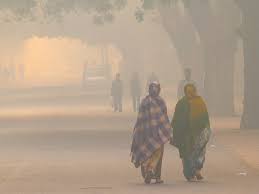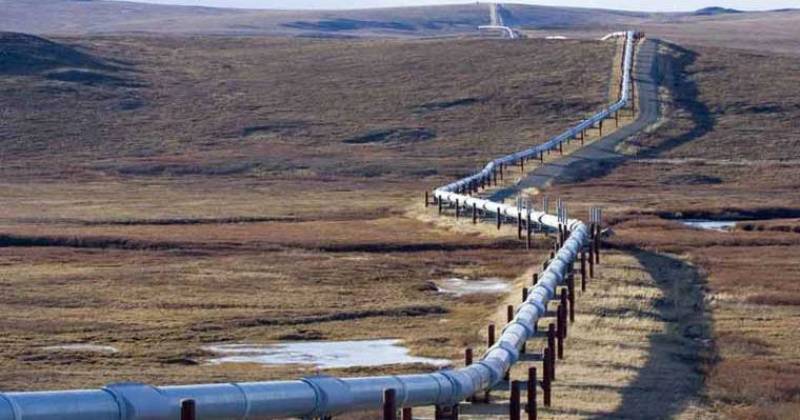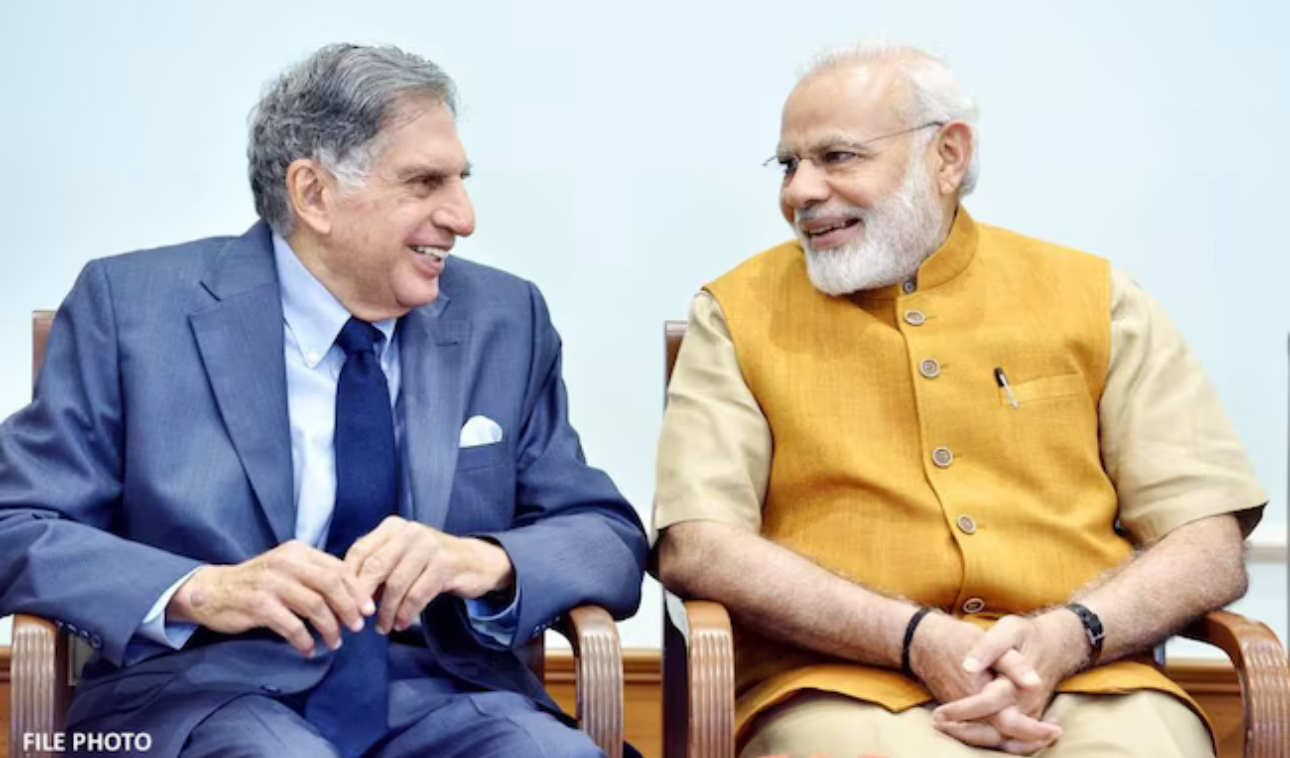Delhi Grapples with Deteriorating Air Quality, Health Warnings Issued

NEW DELHI — The air quality in the Indian capital territory continued to be very poor on Sunday, with officials sounding alarm bells about the ongoing pollution crisis. According to the System of Air Quality and Weather Forecasting And Research (SAFAR), an institute tasked with monitoring air pollution, the overall Air Quality Index (AQI) of Delhi was recorded at 302 on Sunday.
The city’s air quality has been classified as “very poor,” and prominent pollutants identified are PM 2.5 and PM 10. PM 2.5, fine particles measuring 2.5 microns or less in diameter, pose a grave health threat as they can penetrate deep into the respiratory tract, ultimately reaching the lungs and entering the bloodstream. Health officials warn that prolonged exposure to such poor air quality can lead to respiratory illnesses.
In response to these alarming conditions, SAFAR has issued an advisory urging sensitive groups to refrain from engaging in any physical activities outdoors. Individuals with asthma have been directed to keep their relief medication on hand. SAFAR also emphasized the importance of halting outdoor activities if individuals experience unusual symptoms such as coughing, chest discomfort, wheezing, breathing difficulties, or fatigue.
Furthermore, SAFAR advised residents to avoid burning wood, candles, or incense indoors and recommended the regular cleaning of rooms through wet mopping to reduce dust particles. For those who must venture outside, wearing masks like N-95 or P-100 respirators is advised to protect against harmful particulate matter.
Delhi’s persistent struggle with air pollution has made it one of the most polluted cities in the world. The main culprits contributing to this crisis include industrial activities, heavy vehicular traffic, and ongoing construction projects. In recent years, the air quality in Delhi has consistently worsened during the winter months.
Local officials in Delhi have pointed fingers at the neighboring states of Punjab and Haryana, attributing the deteriorating air quality to stubble burning. In response, authorities recently enforced Stage-2 of the Graded Response Action Plan, which involves increasing parking charges for private vehicles to encourage the use of public transport as a means to combat rising pollution levels.
The situation highlights the urgent need for comprehensive measures to combat air pollution in Delhi and the neighboring regions, as it continues to pose a severe threat to public health and the environment.



















Facebook Comments